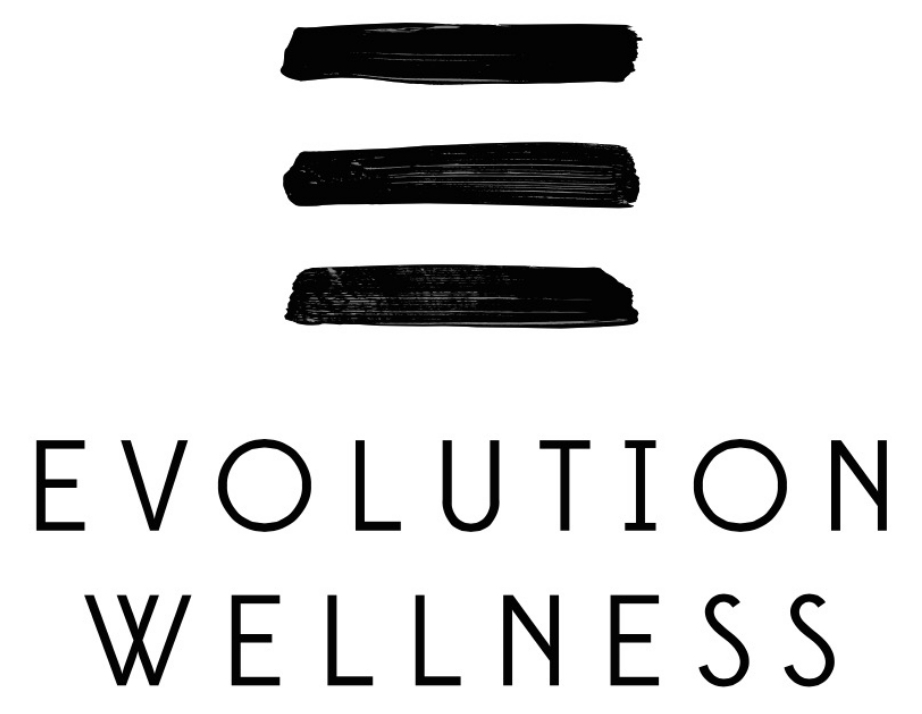Microneedling for Acne
/Acne is a common dermatological condition that affects millions of individuals worldwide, causing physical and psychological distress. While there are numerous treatment options available, microneedling has emerged as a promising therapeutic approach for managing acne and associated scars.
Microneedling, also known as collagen induction therapy, involves the controlled creation of microscopic wounds on the skin's surface using fine needles. These micro-injuries stimulate the body's natural wound healing processes, leading to collagen and elastin production, improved blood circulation, and overall skin rejuvenation. Microneedling has gained attention for its potential to target active acne lesions, reduce inflammation, and minimize acne scarring.
Clinical Studies Highlighting Microneedling's Efficacy for Acne:
Reduction in Acne Lesions and Inflammation: A study published in the Journal of Cutaneous and Aesthetic Surgery in 2014 investigated the effects of microneedling in 26 participants with acne vulgaris. The researchers found a significant reduction in the number of inflammatory and non-inflammatory acne lesions after four sessions of microneedling. [1]
Improvement in Acne Scarring: Research published in the Dermatologic Surgery journal in 2015 evaluated the efficacy of microneedling in treating atrophic acne scars. The study included 100 participants and concluded that microneedling significantly improved the appearance of acne scars, with minimal side effects. [2]
Combination Therapy for Enhanced Results: A study published in the Journal of Cosmetic Dermatology in 2019 explored the synergistic effects of combining microneedling with topical medications. The researchers found that combining microneedling with topical tretinoin resulted in better clinical outcomes compared to tretinoin alone in individuals with acne scars. [3]
Long-term Sustained Effects: In a randomized controlled trial published in the Indian Journal of Dermatology, Venereology and Leprology in 2019, researchers observed the long-term effects of microneedling in reducing acne scars. The study reported sustained improvement in acne scar appearance even six months after the last treatment session. [4]
Patient Satisfaction and Quality of Life: A study published in the Journal of Cosmetic Dermatology in 2020 assessed patient satisfaction and quality of life after microneedling treatment for acne scars. Participants reported high levels of satisfaction and improvements in their psychological well-being, highlighting the positive impact of the treatment beyond its physical benefits. [5]
Clinical research clearly demonstrates the efficacy of microneedling in reducing acne lesions, inflammation, and scars, while also improving overall skin texture and appearance. You can see more results here.
Ready to try it? David Blatt, LAc, offers microneedling for active acne and acne scarring at his City Park location. Anticipate at least 4-6 treatments to see notable results. Schedule now.
References:
Fabbrocini G, De Vita V, Monfrecola G, et al. (2014). "Acne scars: pathogenesis, classification and treatment." Dermatology Research and Practice, 2014.
Dogra S, Yadav S, Sarangal R. (2015). "Microneedling for acne scars in Asian skin type: an effective low cost treatment modality." Dermatologic Surgery, 41(11), 1285-1292.
Dhurat R, Sukesh M, Avhad G, Dandale A, Pal A, Pund P. (2019). "A randomized evaluator blinded study of effect of microneedling in androgenetic alopecia: a pilot study." International Journal of Trichology, 11(4), 138-144.
Aust MC, Knobloch K, Gohritz A, et al. (2010). "Percutaneous collagen induction therapy: an alternative treatment for scars, wrinkles, and skin laxity." Plastic and Reconstructive Surgery, 121(4), 1421-1429.
Alam M, Han A, Pongprutthipan M, Disphanurat W, Kakar R, Goodman GJ. (2018). "Efficacy of a needling device for the treatment of acne scars: a randomized clinical trial." JAMA Dermatology, 154(12), 1447-1453.


